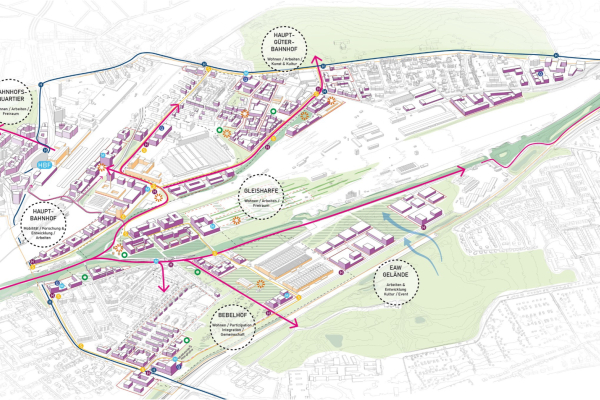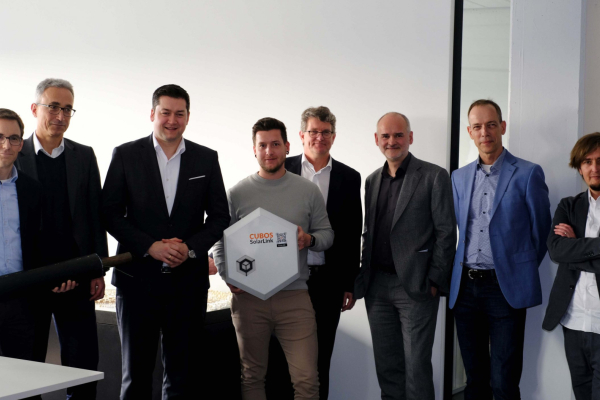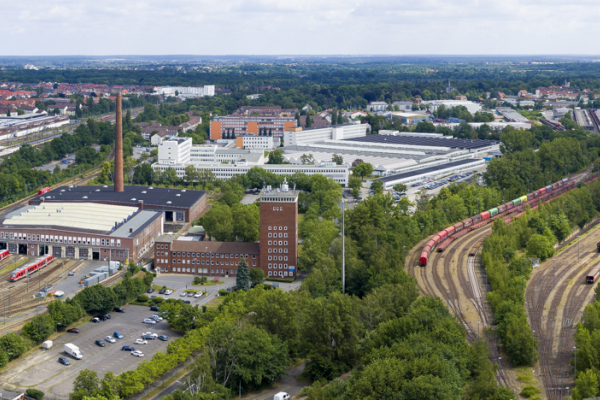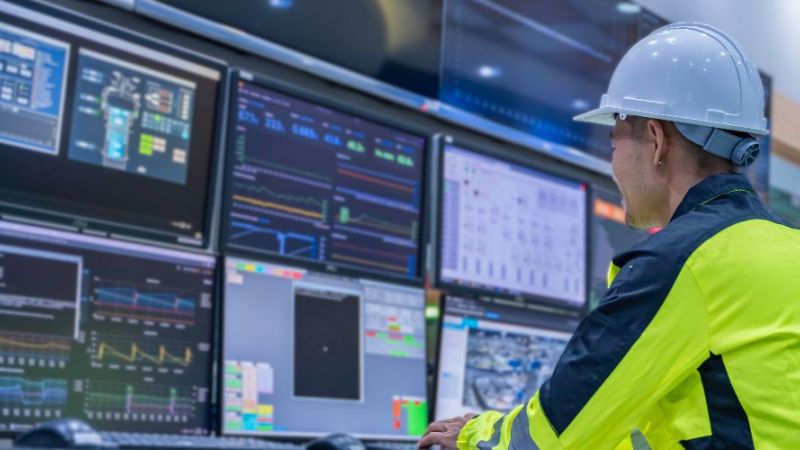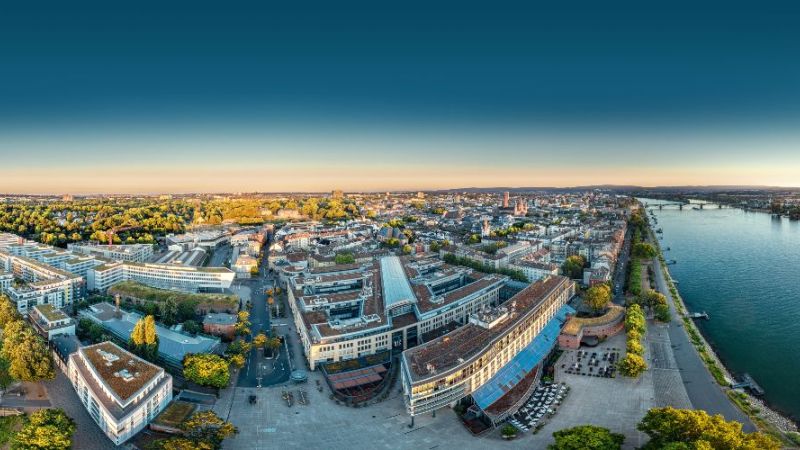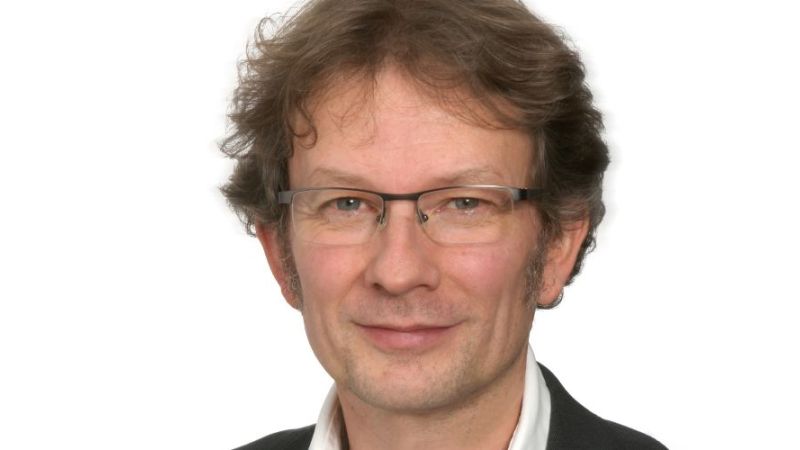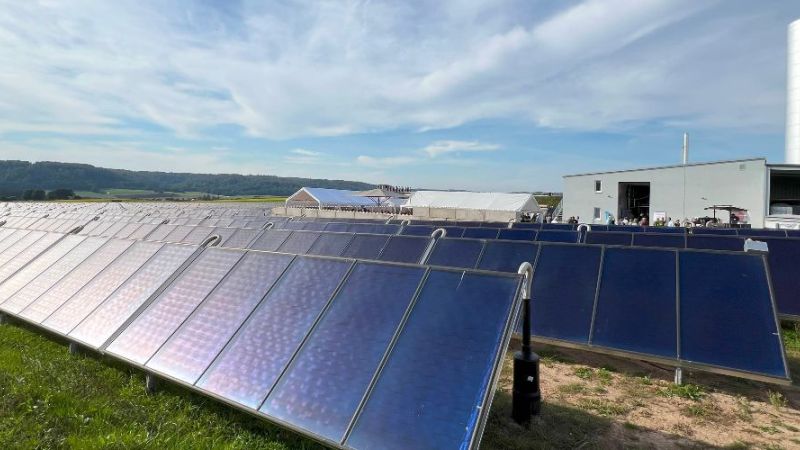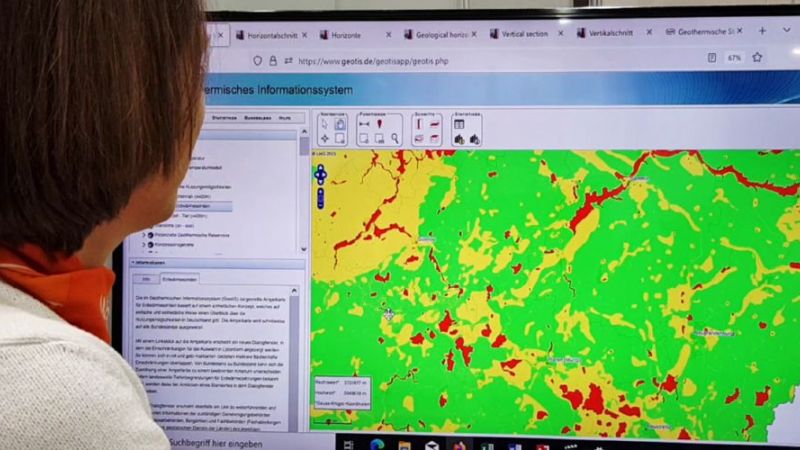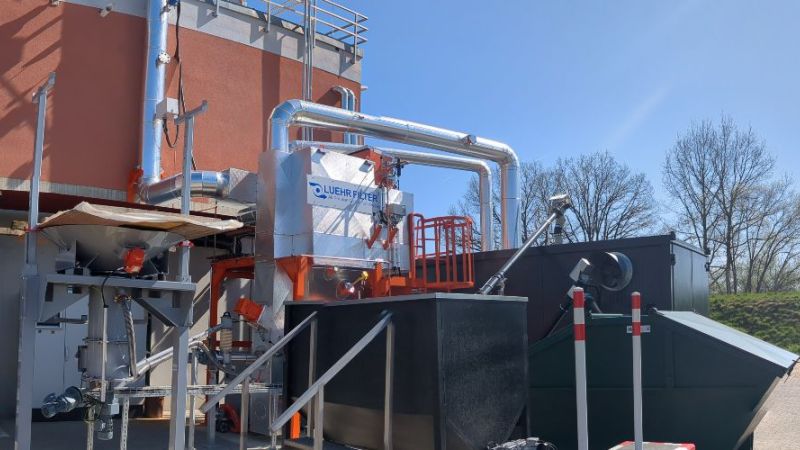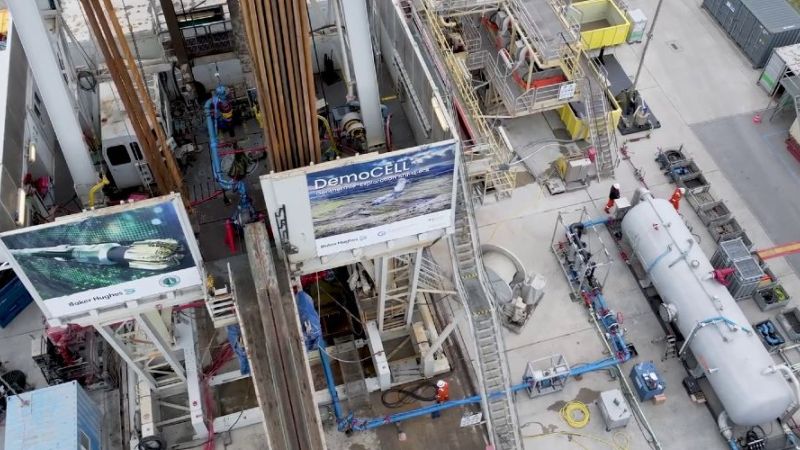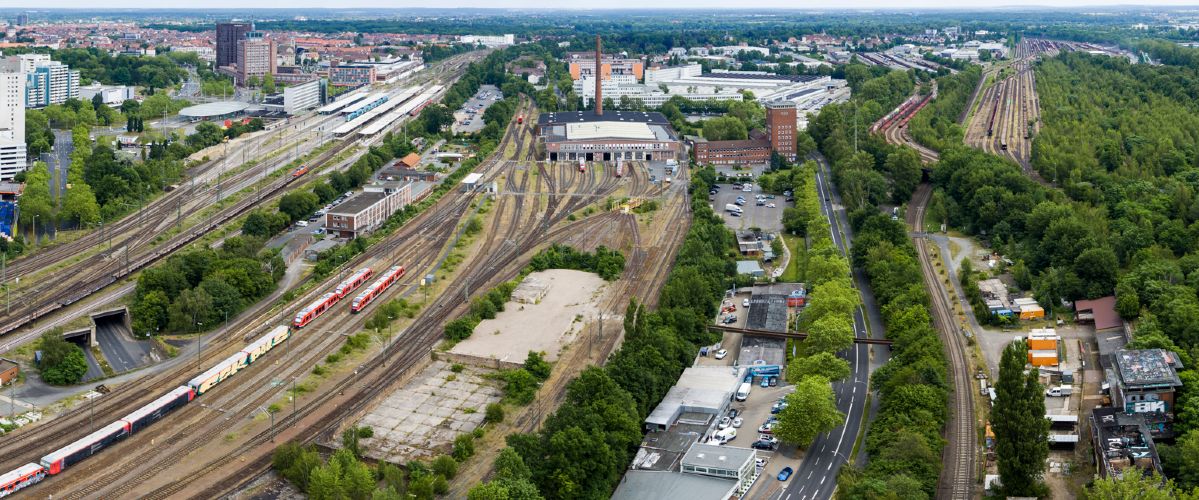 © Stadt Braunschweig
© Stadt Braunschweig
Smart energy infrastructure
Urban micro projects: KlaDat and C2T drive sustainable city development
Sustainable cities rely on affordable heating, clean air and low energy consumption. Two energy research micro projects are using smart technologies – from individual buildings to entire neighbourhoods – to drive the urban energy transition and support local authorities and urban planners.
Sustainable cities take shape when energy use is optimised and efficiently distributed—whether through digital building controls, renewable heating and cooling, or integrated supply networks. But to turn these ideas into reality, practical solutions and real-world examples are essential. The research projects KlaDat and C2T deliver both: offering blueprints for smart buildings and climate-neutral urban neighbourhoods.
Evaluating smart buildings
Digitalisation improves building efficiency by enabling significant energy savings through intelligent control systems. These reduce operating costs, cut CO₂ emissions and support the integration of renewable energy into building technology. Networked sensors track energy use in real time and deliver continuous feedback on heating, cooling and lighting performance.
Until recently, there was no standardised system for assessing the digital infrastructure of non-residential buildings. The KlaDat classification system addresses this gap by providing clear indicators for evaluation and optimisation. Developed as part of the micro project KlaDat – Classification system for data infrastructure to reduce initial obstacles in the data-supported optimisation of heat consumption in existing buildings, it was tested at four non-residential sites, including Bottrop Town Hall, two schools and another government building.
Intelligent controls cut energy use by 30 percent while boosting comfort
These buildings, equipped with intelligent sensor and control systems, demonstrated how expanded data infrastructure enables more precise assessment. Where extensive sensor networks and comprehensive data were available, researchers recorded significant improvements in both energy efficiency and occupant comfort. Intelligent control systems can reduce energy consumption by around 30 percent.
Economic analysis shows that investments in smart building technologies deliver the greatest returns in larger buildings with complex system architectures. To measure the value of improved comfort and efficiency, the research team developed a financial model to calculate the added economic benefits of these upgrades. The KlaDat evaluation framework will be further developed in the KLASSIQA project and applied to construction and planning practices through detailed simulations and cost-benefit analysis.
While KlaDat focuses on digitalisation at the level of individual buildings, the C2T micro project takes a district-wide approach. Bahnstadt Braunschweig – one of Germany’s largest urban transformation projects – aims to become a model for sustainable energy supply, with the goal of achieving climate-neutral heating and cooling by 2030.
Climate-neutral energy supply in Braunschweig
The C2T micro project began by testing the fundamental feasibility of innovative approaches to sustainable urban neighbourhoods. It focused on flexible, intelligent energy systems designed to operate independently of specific interfaces. The project explored renewable energy sources including solar thermal, heat pumps and industrial waste heat, as well as advanced storage solutions to replace fossil fuels. Braunschweig is also set to become part of a regional hydrogen strategy.
The project focused not only on technical feasibility but also on economic viability and social acceptance. Challenges such as high upfront costs and citizen scepticism were thoroughly analysed and addressed throughout. The city of Braunschweig prioritised transparent communication, active engagement with local stakeholders and regular workshops to build community support.
C2T demonstrates that transforming a city towards sustainability is achievable when technological innovation, municipal governance and social participation work hand in hand. The Connect to Transform research project is now building on the micro project’s findings to bring these solutions into real-world application. Braunschweig serves as a demonstration site within Connect to Transform, enabling startups and SMEs to trial innovative products and technologies under real-life conditions.
Digital control systems, renewable energies and smart grids will be essential to making cities climate neutral in the future. The KlaDat and C2T micro projects showcase how smart buildings and sustainable urban districts can become a reality.

